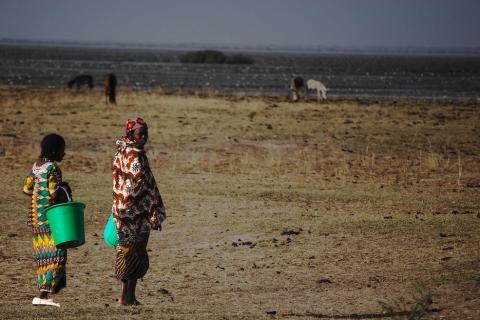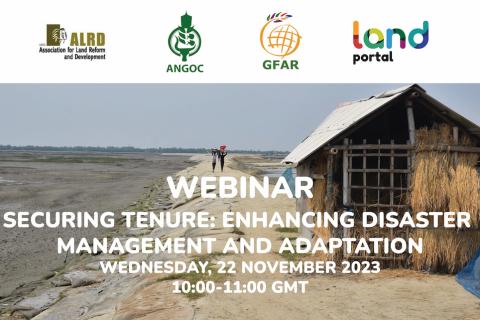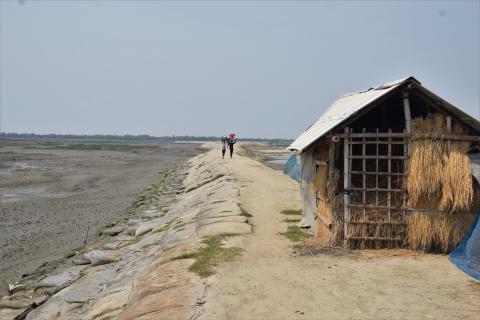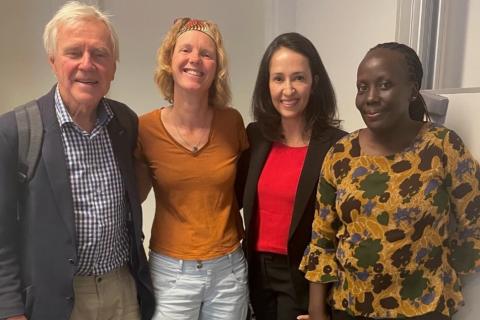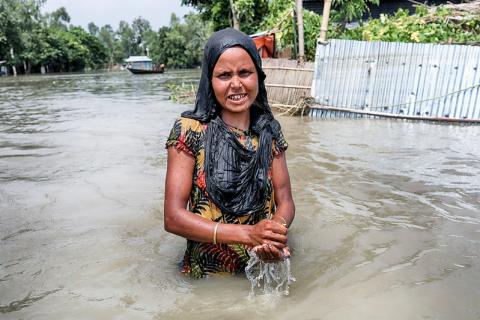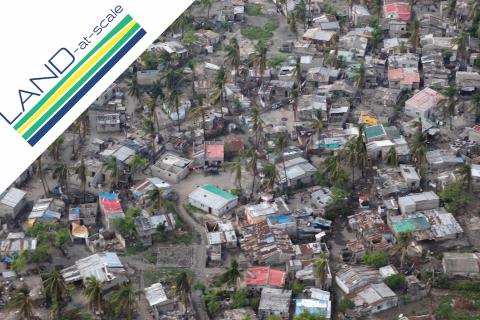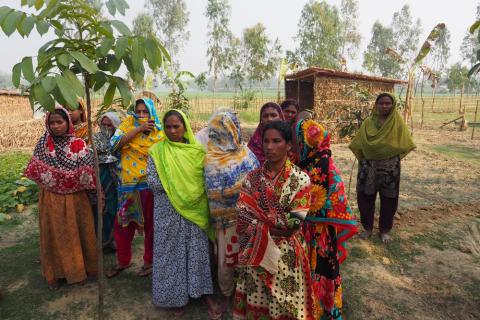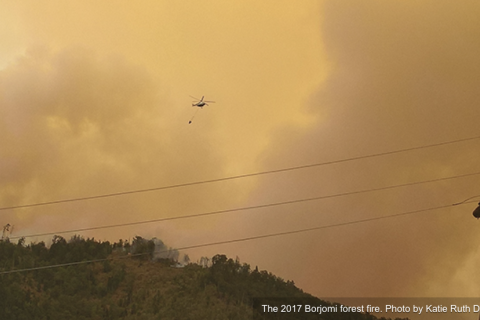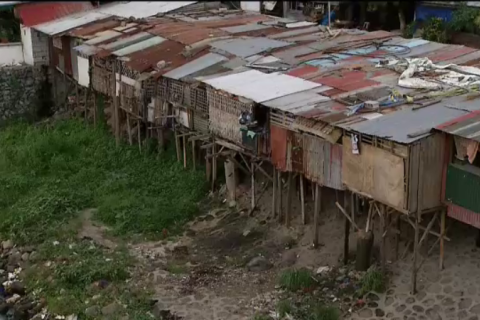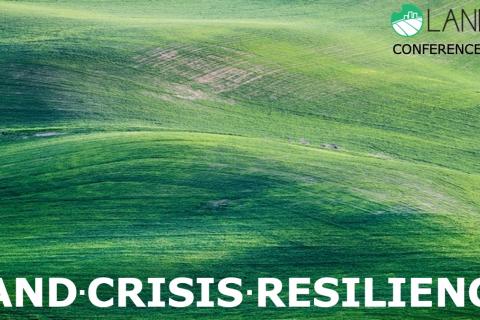Webinar recap : Securing tenure - Enhancing Disaster Management and Adaptation
Climate-change induced disasters and communities’ responses to protect themselves and design solutions have become a top priority on the climate agenda. This webinar aimed to draw attention to the underexplored nexus of climate change, natural disasters, and tenure (in)security through presentations from participants from across regions.
Suggested questions that the webinar addressed were:
Climate disasters, migration and land rights documentation in Bangladesh
In the leadup to upcoming international climate talks, farmers in the coastal regions of Bangladesh are emphasizing the importance of robust and well-documented land rights in the face of the multiple climate change disasters that have adversely impacted their lives and livelihoods. Spearheaded by the Association for Land Reform (ALRD) in Bangladesh, and the Asian NGO Coalition for Agrarian Reform and Rural Development (ANGOC), with the support of the Land Portal Foundation and the Global Forum on Agricultural Research and Innovation (GFAR), a social media and information campaign has been underway to amplify their voices on the issue. This time around, we have taken collective action to ensure that climate policy discourse will not neglect the crucial role land rights play in building climate resilience of one of the most vulnerable populations. You can learn more, and contribute, by using hashtags #IfOnlyTheEarthCouldSpeak #landmatters #land4climate #COP28 and by following us on Twitter.
Land governance to strengthen climate resilience for women
This session brought together insights on land governance and climate resilience, with a specific gender focus. Women suffer from lack of access to, decision making over, and use of land. At the same time, climate change disproportionally affects women. Research indicates that ‘gender just land governance’ forms the key to use land in a sustainable, climate-proof way. There are many entry points to make land governance just and inclusive of women.
Why climate discussions must include land rights for the rural poor
Land tenure security is one of the best incentives for the rural poor to adopt measures to mitigate and adapt to climate change
Side event recap: Mainstreaming the Land Rights of the Rural Poor in the Climate Agenda
The event “Mainstreaming the Land Rights of the Rural Poor in the Climate Agenda” took place on June 6th, 2023 and featured three speakers. The event was organized by a consortium of organizations, including the Land Portal Foundation, the Global Forum on Agricultural Research and Innovation (GFAR), the Asian NGO Coalition (ANGOC) and Young Professionals for Agricultural Development (YPARD).
Climate resilient land-use planning in Mozambique
From 6-18 November, Egypt will host the COP27 Climate Summit. This year marks the 30th anniversary of the adoption of the UN Framework Convention on Climate Change. Despite this long trajectory and the progress made, climate change has increasingly severe effects across the world. The LAND-at-scale program acknowledges the central role of climate change. In a short series of blogs, the knowledge management team highlights the diverse impact that climate change has on communities across the world, and how LAND-at-scale projects contribute to adaptation and mitigation measures on the ground.
Forest Fires and Climate Change in Georgia – Potential Ways Forward
Written by Eka Nozadze and Erekle Shubitidze for Georgia Today. Originally posted at https://georgiatoday.ge/forest-fires-and-climate-change-in-georgia-potential-ways-forward/
The Russian invasion of Ukraine, as well as the global pandemic, have diverted the world’s attention, and in general put climate change and the green economy onto the back burner of the political agenda.
Law, Property and Disasters: Adaptive Perspectives from the Global South
What is the role of land law in natural disasters? Are current global systems of land law fit-for-purpose as we experience escalating rates of climate disruption?
The Politics of Crisis Framing (Part 1)
This roundtable session considered what ‘work’ the framing of crisis does in relation to land, and what kinds of politics are made possible when framed in terms of land ‘crisis’ In particular, it focused asked participants to focus on two questions: 1) within your research, how do you see the politics of crisis framing at work and 2) does crisis framing change the view of what people or states have of what land ‘is’ or what it can be in the future.
Key Takeaways
Setting the Stage: LANDac Conference 2021 Opening Session and Keynote Speeches
The LANDac Conference 2021 was opened by the Co-Chairs of LANDac, Dr. Gemma van der Haar from Wageningen University and Dr. Guus van Westen from Utrecht University. Dr. Guus van Westen noted that theirs is the 11th consecutive LANDac conference, and that last year, labeling the conference an Online Encounter, we were not yet ready to accept the new reality of COVID-19. This shift has enabled LANDac to reach new audiences that were not previously part of the LANDac crowd.

